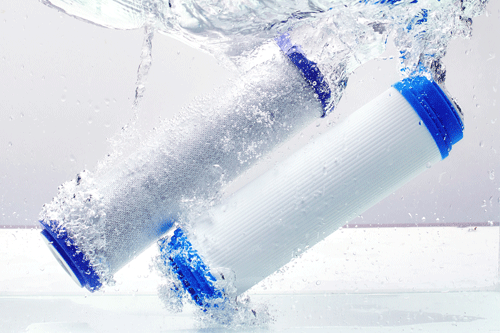Product added to cart
19July
19July

19July
19July
The Main Carbon Filter Types Used in Water Filtration: A Comprehensive Guide
When it comes to ensuring the quality and safety of our drinking water, carbon filters play a crucial role. Carbon filters are widely used in water filtration systems due to their excellent ability to remove contaminants, chemicals, and odors, resulting in clean and great-tasting water. In this comprehensive guide, we will explore the various carbon filter types commonly employed in water filtration to help you make an informed choice for your household's needs.
1. Block Carbon Filter
Block carbon filters are solid blocks of activated carbon that efficiently remove impurities by adsorption. These filters have a larger surface area compared to granular filters, allowing them to trap more contaminants. They effectively eliminate chlorine, volatile organic compounds (VOCs), pesticides, and other common water pollutants. Block carbon filters are known for their exceptional efficiency and longevity, providing long-term, high-quality filtration.
2....

